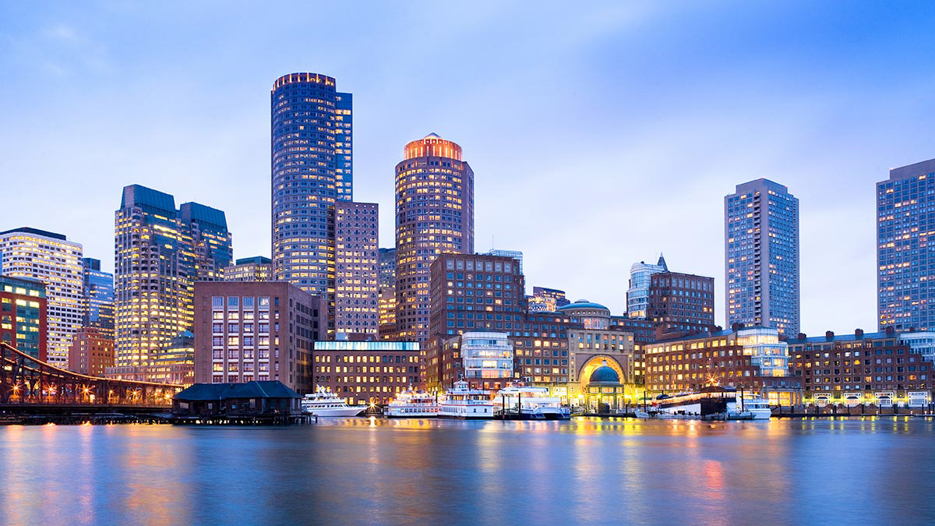By Adelaide Maloney ’22
On May 29, the Commonwealth of Massachusetts lifted all COVID-19 restrictions, save for certain mask mandates. With over 50% of Bay Staters vaccinated, it appears that we can begin a return to normalcy. However, the state’s reopening may put people at a greater risk of the virus and slow our progress.
Nearly a third of Massachusetts residents are still yet to even receive their first dose of the vaccine, and that number doesn’t include a good many people within the state at any time. Commuters from other states or tourists, for example, are not accounted for in vaccination records. Commuters visit the state somewhat regularly, and their presence is somewhat regular within Massachusetts.
Tourism, though, may provide a greater concern. The decisions made to lift Massachusetts’ restrictions are based on the number of MA residents who have been vaccinated, but the state typically pulls in tourists from across the country. This means that tourists may visit from states with substantially lower vaccination rates, thus making them more likely to be unvaccinated and therefore more dangerous to the unvaccinated in Massachusetts. Of course, the government still recommends that these vulnerable tourists follow CDC guidelines, but there is no longer an effective requirement for it. Even that recommendation can be nearly impossible to enforce. The vaccination cards that are issued were not designed to serve as proof of vaccination, but rather to ensure that people get the correct second doses of vaccinations and to reinforce medical records. Because of this, the cards can be very easy to forge.
Massachusetts already has a thriving tourism industry, and lifting restrictions alongside the more general resurgence of travel will likely draw more people to Massachusetts this summer. Tourism, while important to the economy, will likely result in added risk to MA residents who have not been vaccinated yet over the summer. That’s only one example of risk attributed to reopening.
There’s a certain eagerness to return to normalcy. I have hardly seen my own friends and loved ones in the past year, for example. Most visits have been online, and others have been socially distanced outside. I want nothing more than to see those people again, and to regain a semblance of my pre-COVID life. However, I am not willing to compromise the safety of those around me for that. I have to be careful even as our fortune begins to change.
Massachusetts’ state government needs to practice caution, too, to a far greater degree than one teenager can. While reopening may be good, there needs to be a serious assessment of whether it can be done safely in the commonwealth. If it cannot be safe now, then we simply need to wait longer.
*Photo credit: Ed2Go



